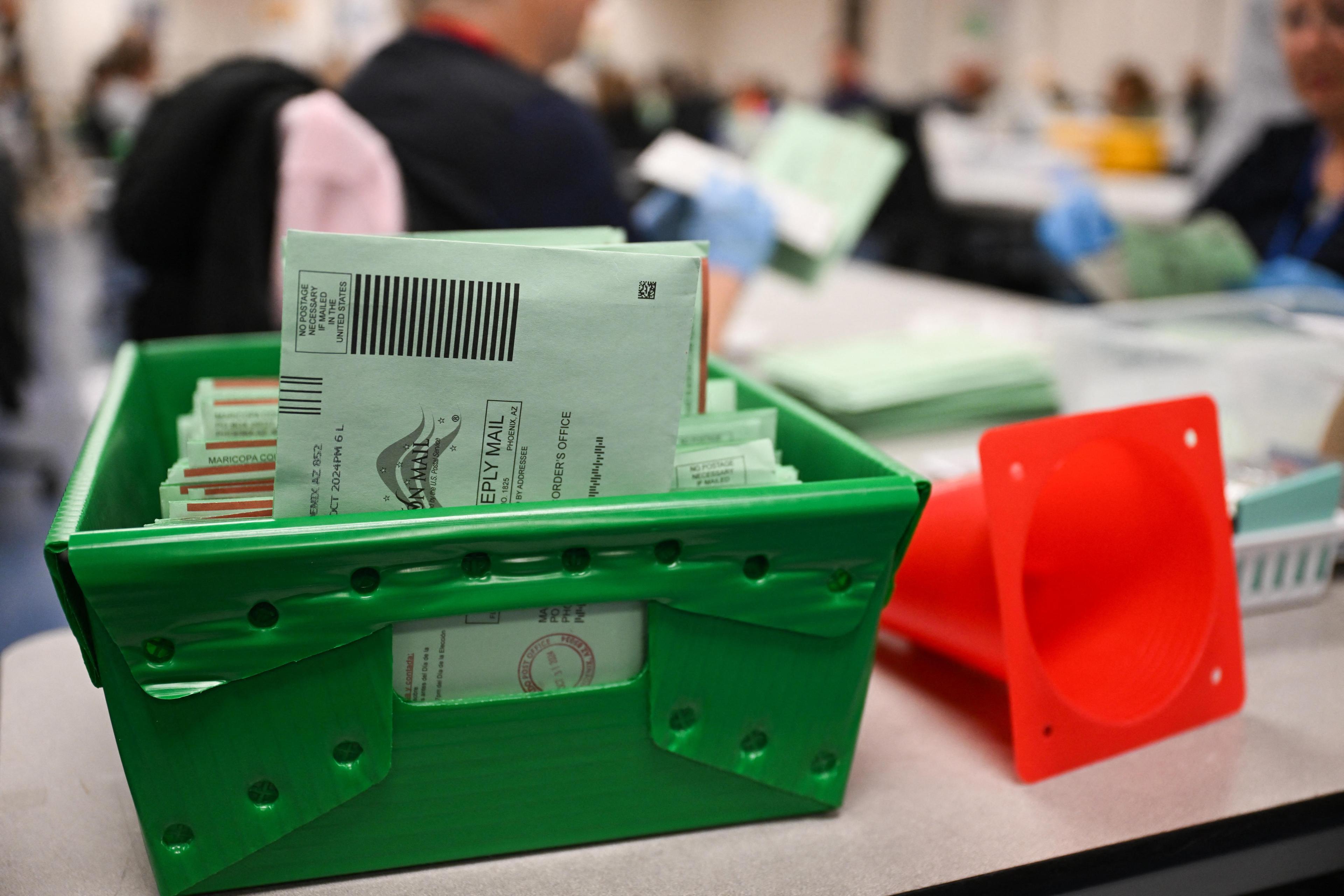
Currently, veterinary practices are staffed by veterinarians, who have eight or more years of education, and veterinary technicians, who have a two-year associate’s degree.
This measure would create a new mid-level position between those two called a veterinary professional associate, or VPA. The position would require a master’s degree in veterinary clinical care and would be allowed to diagnose animals, perform routine surgeries, and order and perform tests and procedures under the supervision of a licensed veterinarian.
Under current Colorado law, only veterinarians can perform those tasks.
Here’s the language you’ll see on your ballot:
Shall there be a change to the Colorado Revised Statutes creating a new veterinary professional associate profession, and, in connection therewith, establishing qualifications including a master’s degree in veterinary clinical care or the equivalent as determined by the state board of veterinary medicine to be a veterinary professional associate; requiring registration with the state board; allowing a registered veterinary professional associate to practice veterinary medicine under the supervision of a licensed veterinarian; and making it a misdemeanor to practice as a veterinary professional associate without an active registration?
How would Proposition 129 work?
The proposition would set up a new state license for this intermediate position in the veterinary field. The state’s Board of Veterinary Medicine would pass rules around the specific qualifications and testing required.
Colorado State University is already in the process of setting up a master’s in veterinary clinical care program. It plans to graduate the first class of VPAs in 2027.
The program is designed for both vet techs who want to further their education and for those who qualified for vet school but weren’t accepted by a program, as well as for immigrants who were licensed veterinarians in their home country. It would require five semesters of specialized training concluding with an internship delivering routine veterinary care in a practice under close supervision of a veterinarian.
The measure sets up a nationally recognized VPA credentialing organization to credential VPAs once they pass a national exam.
Who’s for Proposition 129?
The Vet Care Coalition, an alliance of animal welfare organizations, veterinarians and technicians, pet owners and ranchers, backs the measure.
They’re concerned about a shortage of access to veterinary care in communities around the state. Clinics and animal shelters are experiencing critical veterinary shortages and 20 percent of Colorado counties have little to no access to vet care.
The coalition points to studies showing vet techs stay in the field on average only about seven years because of low salary and lack of career growth and argues that the VPA Master’s program could offer an alternative to keep them in the field.
Backers also argue the cost to visit a VPA will be lower than the cost to see a veterinarian, increasing access for lower-income pet owners.
Who’s against Proposition JJ?
The measure is opposed by the Colorado Veterinary Medical Association, the American Veterinary Medical Association and the Colorado Association of Certified Veterinary Technicians.
Those professional organizations argue the measure is dangerous for pets because VPAs will be allowed to practice medicine well beyond what their training can adequately prepare them for, including routine surgeries, diagnosis and courses of treatment. The group said the requirement that VPAs be supervised by a licensed veterinarian puts those vets at risk; while they wouldn’t necessarily be directly involved in the VPA’s work, they’d still be liable if something went wrong.
Opponents say that the better route to relieving veterinary shortages, would be to continue expanding the duties of veterinary technicians, something lawmakers just did earlier this year.



